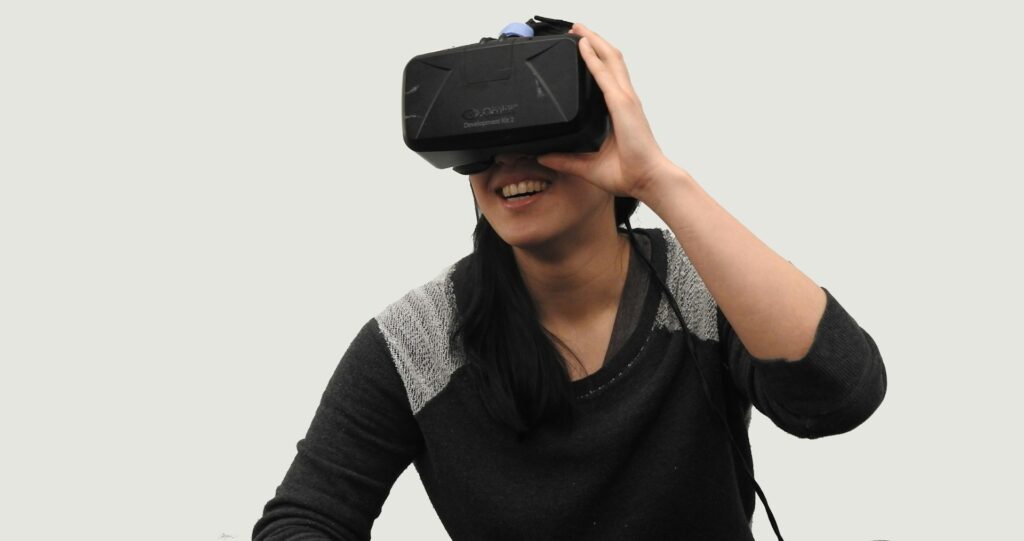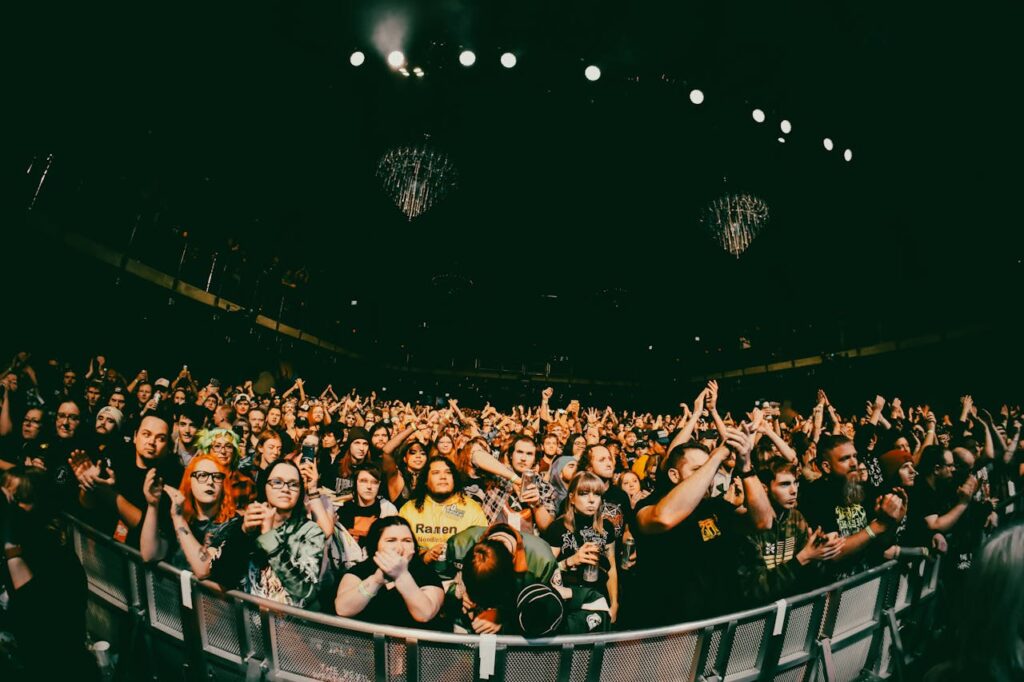If there’s one genre at large that seems to be the most difficult to translate into the digital space, it’s rock music. From the ways the performers command the stage to how the distinct instrumentals get amplified through the audience, few things can compare or replicate a live rock gig. That’s not to say that they won’t try, though!
In 2022, Meta tried to bring one of the biggest rock bands to its virtual stage, but technical issues foiled the effort. While such a publicly and widely-reported failure in the books, it’d be fair to assume that many other planned efforts would be shelved. Instead, the Foo Fighters event experienced through Meta Quest 2 headsets is now merely being looked at as growing pains. Still, there’s a lot more to existing metaverse tech that’s needed to try to replicate the live rock experience in the virtual world.
An Ever-Enhancing and Accepted Medium

Rock music has boomed into the streaming space since the turn of the decade. Not only are there dedicated platforms like Qello Concerts that let you stream classic concerts, but live-streamed performances remain popular. In fact, for Record Store Day 2025, Post Malone will be releasing a vinyl for his live stream Tribute to Nirvana that took place back in April 2020. The demand’s there, so his rare rock outing is coming out as an LP.
Perhaps the main limitation of these mediums in regards to classic rock concerts is the relative lack of audience interaction. True masters of the stage always get the crowd involved in some way, from amping them up to pulling a classic crowd-surf. Staging shows in the metaverse looks to blur the lines between live on a real stage and live on a digital stage. To achieve this, lots of additional and specialised tech will be needed.
One sector of entertainment has brought about changes to make live streams more engaging and immersive. Games are now built around not only having a charismatic host who’ll engage with the audience, but also relaying the physical game in real-time to the digital viewing of the game so that it can be played in the moment. This is the case across all of the live bingo events and games, where shows go live every day with different hosts and prizes. The Metaverse nails the immersive aspect, but could possibly go further with its level of engagement between band and spectator, taking inspiration from the host and player interaction in bingo games.
Gradually Building Back into the Metaverse

By all accounts, the much-hyped entry into the metaverse in the collaboration between the Foo Fighters and Meta was a bit pre-emptive. In 2027, though, it’s expected that some 70 per cent of annual media traffic growth online will be seen in the metaverse. It’s building, but more needs to be ironed out before a real concert can be replicated and felt in the virtual space.
Through the end of 2024 and into 2025, we have seen many big-stage acts take to the metaverse. Charli XCX, for example, took her SWEAT tour to the Meta Quest VR venue, and Sabrina Carpenter will host a VR concert in July of this year. Yet, both are either pop or electronic-heavy acts, which is arguably easier to translate to such a show. Bringing in 3D live-streaming technology and additional hardware that has haptic feedback, for example, is needed.
Still, the metaverse is slowly growing in its significance to mainstream audiences, and as it does, rock bands will find bigger and better opportunities to put on a high-quality show for the masses.




